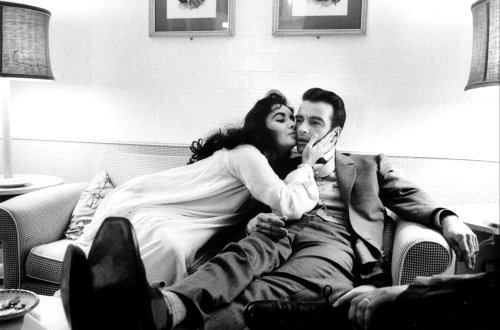Team Experience is watching ever Montgomery Clift film for his Centennial
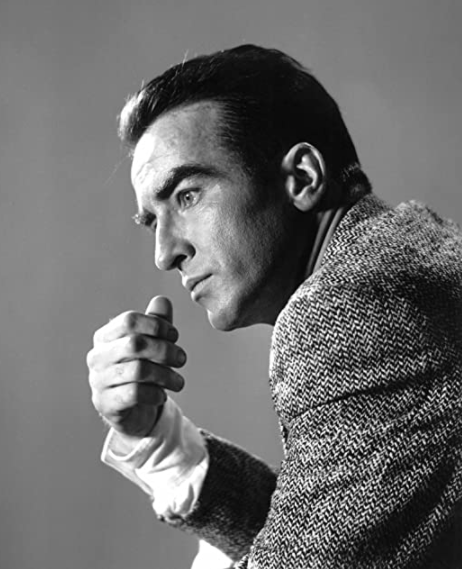
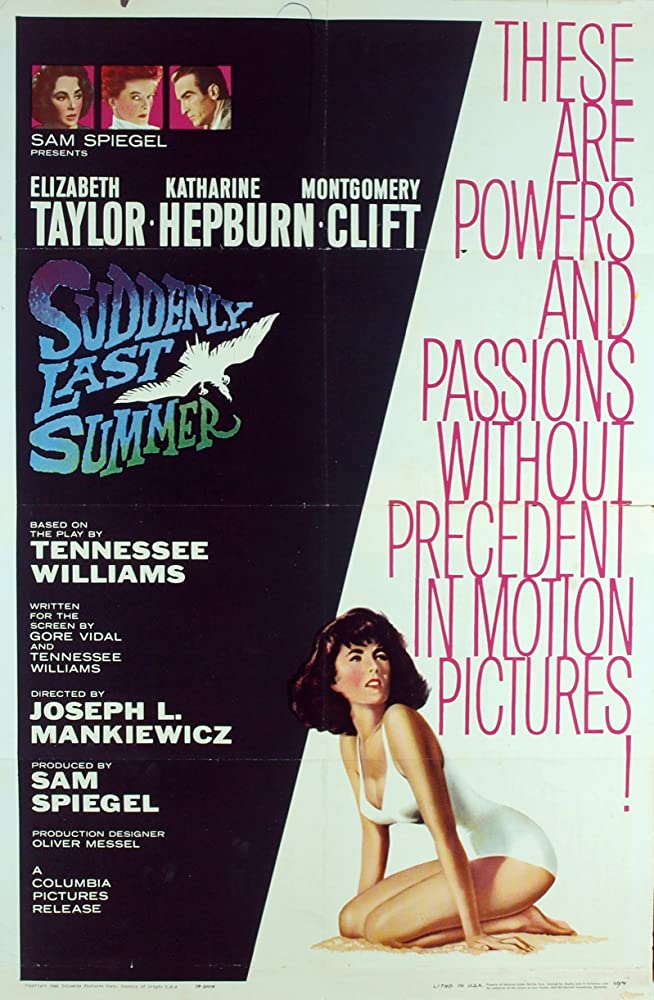
by Mark Brinkerhoff
Much has been written at The Film Experience about Tennessee William’s one-act play-turned-wild-ass movie (including again here, just last week), though with Elizabeth Taylor and Katherine Hepburn going head-to-head, how can you not? But generally un(der)discussed among the trio of stars of Joe Mankiewicz’s 1959 film, adapted by Gore Vidal of all writers, is the by-that-time uninsurable Montgomery Clift.
Reuniting onscreen for the third (and final) time with Taylor, his closest friend in real life (who, in fact, made it possible for him to appear alongside her by resolutely refusing to do the film otherwise), Clift gallantly cedes the floor to his co-star...
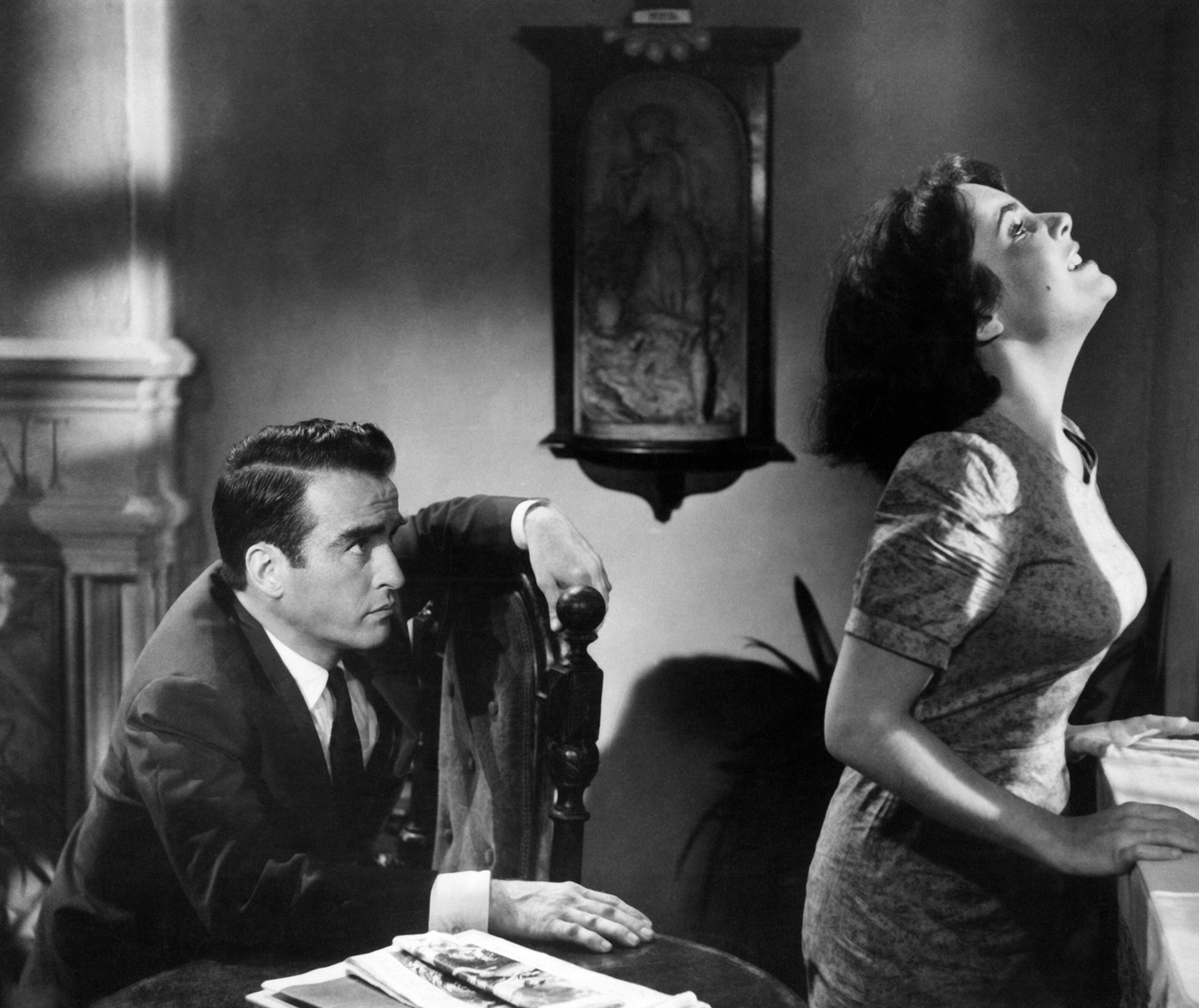
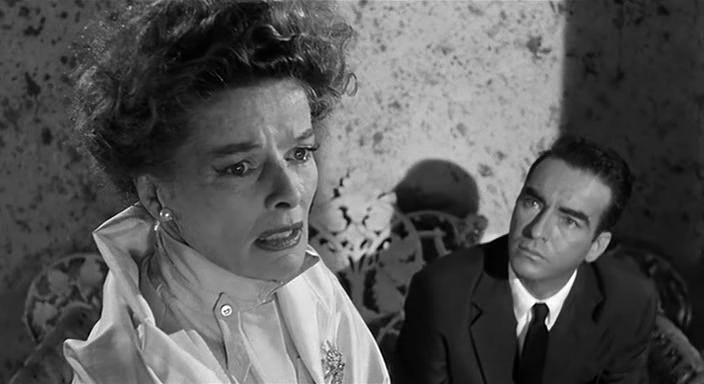 Clift spends a lot of time watching his co-stars monologue in Suddenly Last Summer
Clift spends a lot of time watching his co-stars monologue in Suddenly Last Summer
That there’s any floor at all is remarkable, considering the top-to-bottom scenery she, and most especially Hepburn, chew through over the course of 114 minutes. Yet a Southern gothic story like this, with scandalous thematic elements such as incest, homosexuality, coerced lobotomies, and cannibalism, calls for melodrama.
Clift’s doctor character—and visage—provides requisite grounding, an audience surrogate of sorts for the mayhem that is the twisted Venable clan.(Taylor plays Hepburn’s niece, her late son’s traveling companion and confidant, for those unfamiliar with the story. P.S. See it at once!)
“Life is a thief”
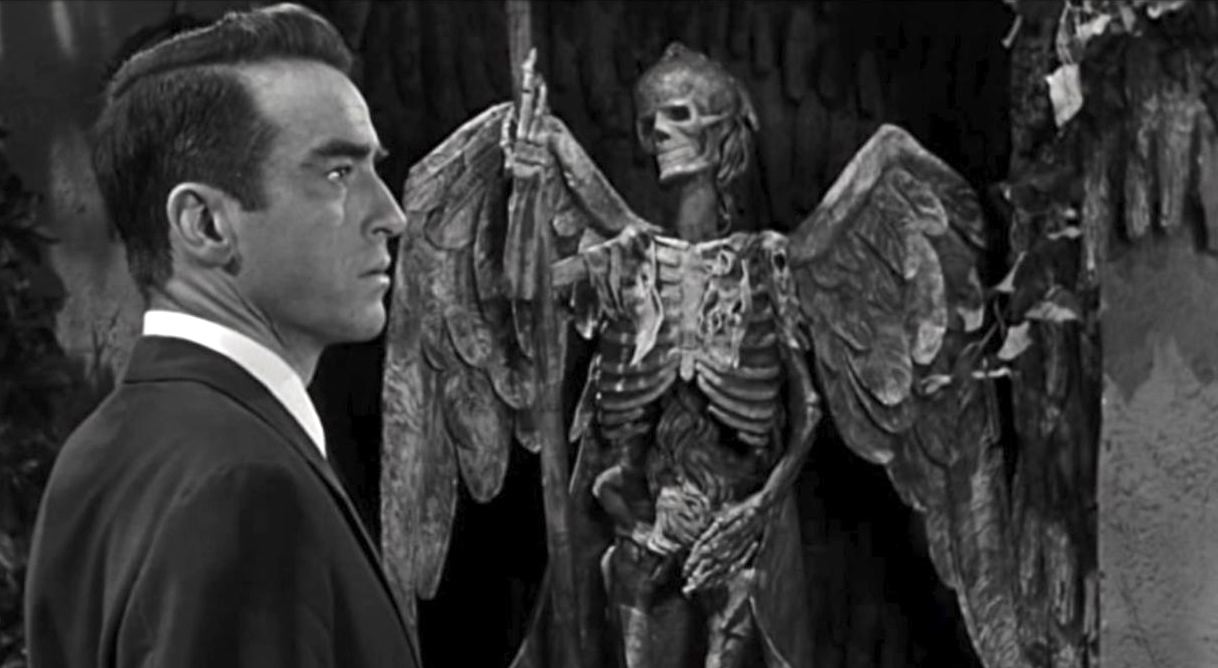
It’s hard to watch Clift in Suddenly Last Summer without thinking of “the accident,” that legendary episode from a couple of years before when Clift plowed his car into a telephone pole, moments after leaving a dinner party hosted by Taylor. To see Clift at the beginning of the ’50s in A Place in the Sun and then at the end, in this, can be a bit jarring. His beautiful, luminous face marred by the crash, and reconstructed in such a way that must’ve seemed medically unbelievable at the time, both appears off and remains a sight to behold.
But his subsequent addiction to alcohol and pills, no doubt in effort to quell the (literal and figurative) pain, also seemed to dull his screen presence and line delivery. Knowing that this stage of his career was referred to rather infamously, by his acting teacher no less, as the “longest suicide in Hollywood history” still hurts. The raw talent/natural ability that Clift had, my God, you couldn’t buy it.
The inescapable truth

That Suddenly Last Summer is the cinematic swan song for Clift and Taylor (together, onscreen) is as fitting as it is… kind of sad. Since accompanying him to the premier of The Heiress in 1949, Taylor had been a constant for Clift. And he, in turn, proudly stood by as her star ascended, then eclipsed his—from A Place in the Sun to Raintree County to this. Many say, with good reason, that Richard Burton was the love of Taylor’s life, but it’s easy to imagine (for me, anyway) that Clift was actually the most enduring love.
“I loved him deeply. He was my brother, my dearest friend.”— Elizabeth Taylor
Don’t we all, Liz. Don’t we all.
